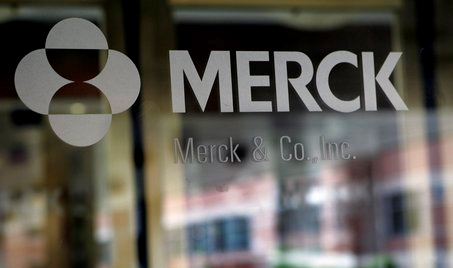Merck Announces New $120m Facility in China
Merck & Co has announced it will be investing nearly $120 million in a new pharmaceutical manufacturing facility in Hangzhou, China.

The facility will be located in the Hangzhou Economic and Technology Area, and will produce medicines for China and the Asia-Pacific region. Merck says it will increase its presence in China’s fast-growing pharmaceuticals market, becoming “a critical part of Merck’s global supply chain.”
The company already has an R&D centre in Beijing, three other manufacturing facilities throughout the country, and a sales and marketing organization with headquarters in Shanghai, with its workforce in the country totalling over 5,000 employees. It has committed to an investment of more than $1.5 billion in R&D in China over the next five years, while also expanding its presence in other countries in the region; the company opened a new $21 million packaging plant in Indonesia, and has pledged to invest more than $250 million in operations in Singapore over the next ten years.
This expansion of manufacturing capabilities in Asia-Pacific comes at a time of net reduction overall, as Merck has reduced its number of plants from 93 to 75 since merging with Schering-Plough in 2009 in an attempt to cut costs.
China is already the third-biggest pharma market in the world, and Citibank expect it to take Japan’s place as the second-largest by 2020, due to trends such as an ageing population, chronic disease growth and expanding healthcare insurance coverage.
Pam Cheng, president of Merck in China, stated that because of the country’s “fast economic growth, rise in living standards, changing lifestyles, industrialisation, urbanisation and an aging population, more people across the country need quality health care and access to a strong medical system.” Merck is not the only company investing in manufacturing and R&D capabilities in China – in fact it is one of many foreign firms crowding into this space.
While firms are attracted by China’s huge market, there has also been recent evidence that the country will drive a hard bargain for those wishing to get their drugs on government health insurance formularies, in the hope of cutting down on the cost of healthcare for its 1.3 billion citizens.
